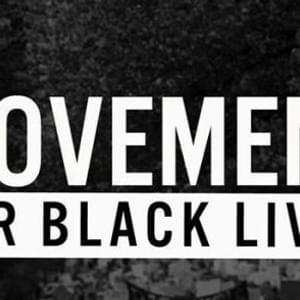Washington Post
By RICHARD COHEN
While watching the movie “Gladiator” recently, I kept wondering about the ancient Romans — what sort of people were they? It occurred to me that they were very much like us. The thrill of horror, the horror of the thrill, the validation of life through the death of others — this has not changed. Thumbs up, thumbs down. When it comes to dealing with our basest feelings, we are still all thumbs.
Ancient Rome was, of course, ancient. But it was not that long ago when Americans gathered by the river to watch a good lynching, preferably one preceded by some torture — and snapshots were taken and made into postcards. Say cheese. These pictures, mounted for an exhibition and contained in a book (“Without Sanctuary”), also make you wonder who we are: What do those happy people at the lynching have to do with me?
This brings me (sorry for the delay) to the perfectly predictable decision by Attorney General John Ashcroft to permit the survivors of the Oklahoma City bombing, as well as relatives of the dead, to watch Timothy McVeigh’s execution by way of closed-circuit television. The only thing more predictable than Ashcroft’s decision was the certainty that others, in a vain attempt at irony, would call for the public telecasting of McVeigh’s death. Let us have a true public execution. These people do not, as my grandmother used to say, know their customers.
The problem with a public execution, aside from its sheer improbability, is that it would neither sicken most people nor cause them to question capital punishment. It would entertain. It would garner huge ratings and become the ultimate in reality programming. (One pay-per-view service has already asked for the rights to charge $1.95 to view the execution over the Internet.) We would discover that not much has changed since whole families posed for pictures with the sometimes-charred body of a black man hanging in the background.
When Ashcroft was a U.S. senator from Missouri, he opposed a judicial nomination because the nominee, a home state judge named Ronnie White, had not always upheld the death penalty. So it was folly from the first to think that Ashcroft would ever have denied the request of McVeigh’s victims to see the killer die with their own eyes. This is the only way, some of the victims say, they will get this thing we call closure.
But a mob of journalists will be camped outside the federal penitentiary at Terre Haute, Ind. Another 10 will be up front and close, able to eyeball McVeigh’s death. Still others — state officials and victims — will also be able to witness the execution in Terre Haute. The likelihood of McVeigh somehow making it out of the execution chamber alive and unnoticed is not great.
I do not mean to mock the emotions of the victims. I have not walked in their shoes, and so I have no idea how I would feel under similar circumstances. I do know, though, that those who seek this sort of “closure” are a mere minority of the victims, about 15 percent. And I do know that it is the solemn obligation of government officials to use their heads, not just their emotions, when making policy in the name of the American people. A polite “no” would have dignified us all.
Ashcroft, however, is an American Taliban who retired his mind from active duty years ago. If he would think about what he has authorized, he would realize that closure — closing the circle — is not what we need. It must be broken. The endless cycle of a life taken for a life taken — on and on — must be shattered.
McVeigh’s execution only validates McVeigh’s thinking. He got even for Waco, and now we will get even with him. His most severe punishment would not be death but, instead, a repudiation of his thinking — life in prison, no parole, no hope and, after a while, the rock-breaking fatigue of obscurity. In this way, his thinking would be mocked, his soapbox crushed.
McVeigh waived all appeals. His death, which he sees as his martyrdom, is his last, grand act. If he is true to his word, he will recite the kitschy poem “Invictus” by William Ernest Henley (“I am the master of my fate/I am the captain of my soul”), and he will die as he has chosen to, expeditiously and, in his infantile imagination, with a final, Wagnerian statement. Closure for him, just the depressing continuation of the cycle for everyone else.


